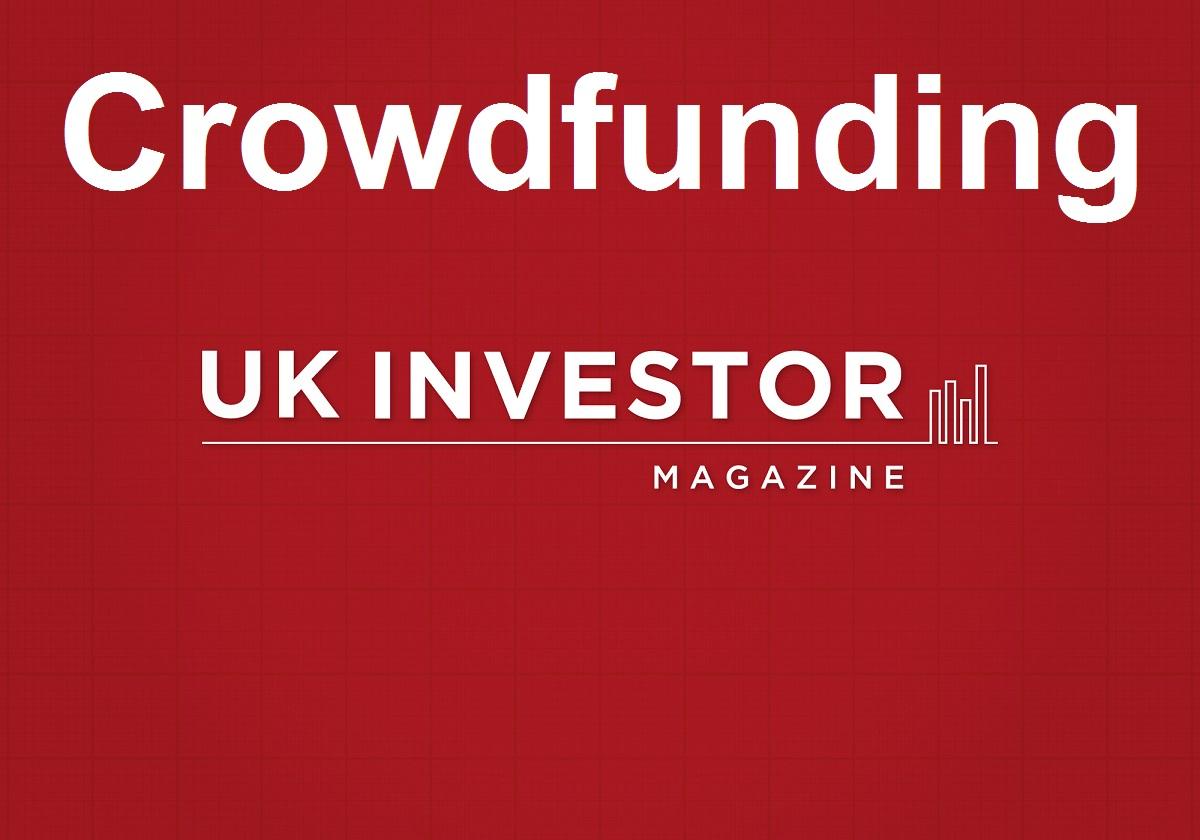Read the Pitch Carefully
Studying the pitch should be the first step in your research into the company, examining every detail of the pitch will build the base for your own research.
Spread Your Risk
This may seem elementary for seasoned investors but its mention is no less important. Diversification is key, whether your focus be in Blue Chip FTSE 100 companies, commodities or start-ups who finance themselves through Crowdfunding.
Understand You Could Lose Your Entire Investment
A vast amount of businesses fail in their first year. Crowdfunded businesses are not immune to this harsh statistic so you have to absolutely certain you can afford to lose your entire investment and that you do not need the funds any time soon.
Check the Financials
This includes the cash flow forecasts and balance sheet. Just because the idea may seem groundbreaking, it doesn’t guarantee financial success, if the company becomes overstretched and is forced to raise further funds you risk being diluted.
Research the Key Personnel
What are their previous successes? Have they failed in business before? Are they involved in any other business? How much have they personally invested? This is the absolute bare minimum you should be asking yourself before making an investment.
Examine Competitors
Important not only because competitors pose a threat to a young company but some of the bigger players maybe interested in acquiring the business you have invested in, this providing an exit strategy. If entering a highly fragmented market the chance of acquisition is lower than entering on with fewer individual companies.
Research the Exit Methods
Crowdfunding is considered highly illiquid, this means it is difficult to exit a position once you have entered it. Many projects say there exit plan would include a trade sale, an IPO or sale to private equity. Your due diligence should include potential suitors and there ability and propensity to acquire such a business. Also, a vital part of your research should be calculating a rough valuation for the business at such a point and the amount any acquirer is likely to pay.
Don’t Fund a Project That Isn’t Offering Enough Equity or Yield
The level of equity or the yield you will receive for investing in a Crowdfunding project should reflect the risk you are taking. Just like government bonds, the yield should be higher for those businesses that are more risky, you must carefully consider how much the business will remunerate you and the risk of you not getting your cash back.
Be Clear On the Reason for Funding a Project
This sounds obvious but Crowdfunding takes many different forms. You must decide whether you are funding an idea to receive rewards or make a real investment in an innovative start-up company. Many will use Crowdfunding to satisfy their philanthropic urges and other will seek out start-ups business that could change the way the world works and become highly lucrative for those early investors. Numerous projects offer attractive rewards for substantial levels of investment but you have to focus on whether the business has the legs show you any return on your hard earned cash.
Test the Product/Service Yourself
Unfortunately there isn’t a wide range of 3rd party analysis or opinion on Crowdfunding projects so to gain a strong understanding of the products and services on offer, experiencing them for yourself is highly desirable.




